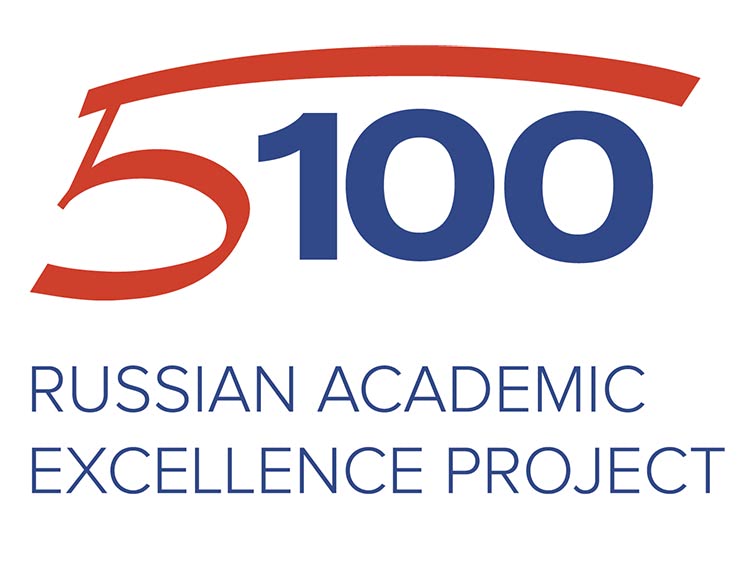Fast-developing educational market in Asia-Pacific (APAC) countries seen as top-priority partners

Asia-Pacific (APAC) countries, seen by Russia as top-priority partners in many areas, are a fast-developing educational market.
As President Vladimir Putin said earlier, Russia’s aim is to help turn the rapidly growing APAC region into a major arena of international cooperation and integration, business and investment activity, education, science and culture.
Russian universities are gradually becoming integrated into the APAC educational and research scene, as proved by an increasing number of agreements signed and joint projects launched with regional partners, especially over the last six years, and by a livelier interest that these partners have been taking in Russian education and research.
One line of international cooperation pursued by Russian universities involves integrating their educational programs with those of the world’s top higher learning institutions, increasing academic mobility, that is, stepping up student and professor exchange, and digitizing education and research.
A case in point is Far Eastern University (FEFU) which has been consistently expanding interaction with leading APAC education and research institutions. It has particularly strong ties with China where it collaborates with 50 higher education providers, such as Heilongjiang, Jilin and Wuhan Universities and the Harbin Institute of Technology. ITMO University, Lobachevsky University, RUDN University, Urals Federal University (UrFU), South Urals State University (SUSU) and other Project 5-100 participants are also carrying out projects in conjunction with APAC partners, which are higher education institutions from Australia, Indonesia, Thailand, Taiwan, the Philippines, Malaysia, Singapore, Japan and South Korea, including Japanese Tohoku, Hokkaido and Waseda and South Korean Yonsei and Korea Universities.
Pavel Lapo, Head of the Department of International Cooperation at Siberian Federal University (SFU), spells out what universities should do to bolster their positions in the APAC market.
In his opinion, they must make sure that their faculty and staff are capable of teaching in English and, eventually, in other foreign languages; implement key English-taught educational programs at all levels, including postgraduate; take advantage of their geographical location to engage leading scientists in technological, humanitarian and natural science research within the region; improve brand recognition; expand their geographical reach through taking part in international forums of various types but mainly conferences and exhibitions; and develop mutually beneficial relations with governments and businesses. Russia’s government-run national projects enable universities to do just that.
Daria Kozlova, First Vice Rector (Vice President) at ITMO University, says:
“Our experience working with Asian partners shows that the human element remains vital to progress. It is not only US and European universities that are now vying for academic talent. Stiff competition is coming from such Asian countries as Singapore which focuses on attracting big names and has a very high proportion of overseas academics at its leading universities (over 60% of faculty and staff), Hong Kong, South Korea and, of course, mainland China. It sounds like a platitude but those universities will come out top that will be able to draw the best students and staff”.
Participation in global forums, both scientific and educational, for example APAIE 2019 Conference and Exhibition in the Malaysian capital Kuala Lumpur, helps a university build a reputation, strike up new partnerships with the world’s leading higher education providers, forge international scientific ties, identify ways of expanding interaction, discuss further cooperation with existing partners and attract international students and faculty.
Project 5-100 universities have been flying the flag for Russian higher education at the recent APAIE 2019 Conference and Exhibition in the Malaysian capital Kuala Lumpur, which is the largest forum for developing international cooperation in higher education and building university partnerships in the APAC region.











Responses